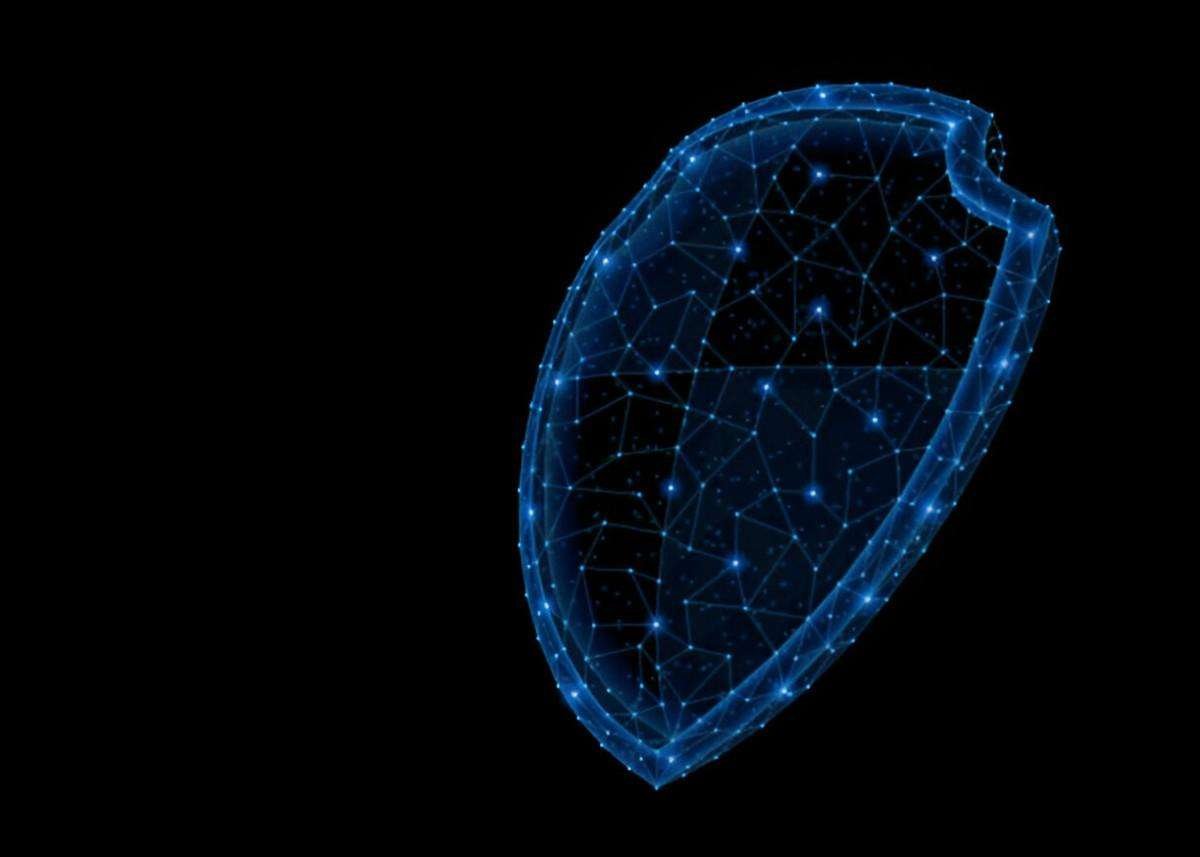The world of blockchain technology is vast, intricate, and ever-evolving. Among the many projects that have gained attention over the years, Acorn Blockchain has begun to carve a niche of its own. For those unfamiliar with it, the Acorn Blockchain is not just another typical blockchain. It brings its own set of unique features and promises, presenting opportunities for developers, businesses, and users alike. In this article, I aim to provide an in-depth look at the Acorn Blockchain, its core mechanics, and how it compares to other well-known blockchain platforms.
Table of Contents
What is Acorn Blockchain?
The Acorn Blockchain is a decentralized platform built to facilitate secure, transparent, and efficient transactions. Its design and architecture aim to address some of the scalability, energy efficiency, and user-friendliness issues faced by many existing blockchains. One of its standout features is its use of a hybrid consensus mechanism, combining the strengths of proof-of-stake (PoS) and proof-of-work (PoW) to strike a balance between decentralization, security, and speed.
In essence, Acorn Blockchain is not only focused on financial transactions. It’s a versatile platform that supports various applications, from smart contracts to decentralized finance (DeFi) solutions, and much more. But what sets it apart is how it combines cutting-edge technology with environmental sustainability.
Key Features of Acorn Blockchain
To truly appreciate the Acorn Blockchain, it’s crucial to look at the features that define it:
- Hybrid Consensus Mechanism: Unlike many blockchains that stick to either PoS or PoW, Acorn uses a hybrid of the two. This approach helps it avoid the extreme energy consumption associated with PoW while retaining a level of security that’s often harder to achieve with PoS alone. By using PoS for faster transactions and PoW for added security during critical operations, Acorn creates a more balanced ecosystem.
- Scalability: Scalability is a pressing issue in the blockchain space. As the number of users and applications grows, the network can become congested, leading to slower transactions and higher costs. Acorn addresses this challenge by using sharding—dividing the network into smaller, manageable pieces. This allows transactions to be processed concurrently, significantly improving speed and efficiency.
- Low Environmental Impact: The energy consumption of blockchains, particularly those using PoW, has been a point of contention. Acorn Blockchain strives to be eco-friendly by optimizing its processes and combining energy-efficient protocols. Its hybrid consensus mechanism contributes to reducing unnecessary energy waste.
- Developer-Focused Ecosystem: Acorn is not just about users; it’s also about developers. The platform provides a robust set of tools, including a developer-friendly SDK (Software Development Kit) and APIs, to make it easier to build decentralized applications (dApps). This lowers the barrier to entry for new developers looking to create solutions within the blockchain ecosystem.
- Security and Transparency: As with any blockchain, security and transparency are key. Acorn employs cryptographic techniques to ensure that all transactions are secure and traceable, providing users and businesses with peace of mind.
How Acorn Blockchain Stands Out
While other blockchain platforms, such as Ethereum, Bitcoin, and Solana, have established themselves in the market, Acorn offers a fresh take with its hybrid approach and eco-conscious focus. I think one of the key aspects where Acorn differentiates itself is in its ability to balance environmental sustainability with the needs of the blockchain. Let’s look at a comparison table that highlights the core differences between Acorn Blockchain and some of the most prominent blockchain platforms:
| Feature | Acorn Blockchain | Ethereum | Bitcoin | Solana |
|---|---|---|---|---|
| Consensus Mechanism | Hybrid (PoW & PoS) | Proof-of-Stake | Proof-of-Work | Proof-of-History |
| Speed (Transactions Per Second) | High (scalable) | Moderate | Low | High |
| Energy Efficiency | High (low consumption) | Moderate | Low | High |
| Smart Contracts | Yes | Yes | No | Yes |
| Developer Ecosystem | Strong | Strong | Weak | Growing |
| Focus on Environmental Impact | Strong | Moderate | Weak | Moderate |
As you can see, Acorn stands out for its focus on energy efficiency while maintaining strong scalability and a developer-friendly environment.
Use Cases for Acorn Blockchain
The versatility of the Acorn Blockchain opens up a wide range of use cases, from financial services to healthcare and supply chain management. Here are a few examples where Acorn Blockchain could be applied:
- Decentralized Finance (DeFi): With its smart contract capabilities, Acorn is well-positioned to host decentralized financial applications. Whether it’s for decentralized lending, borrowing, or creating new financial instruments, Acorn can provide the scalability and security needed for these operations.
- Supply Chain Management: Blockchain is well-known for its ability to provide transparency and traceability. Acorn can be leveraged by businesses to track the movement of goods from one point to another, ensuring that products are genuine and ethically sourced.
- Voting Systems: Given its focus on transparency and security, Acorn could be used in government or corporate voting systems. Voters can cast their votes securely, and the results can be immediately verified and audited, all without the risk of tampering.
- Healthcare: Blockchain technology is increasingly being used in the healthcare industry to manage patient data, ensuring privacy and preventing unauthorized access. Acorn’s capabilities can help store medical records in a secure, transparent, and accessible manner.
A Closer Look at Acorn’s Hybrid Consensus Mechanism
One of the standout features of Acorn Blockchain is its hybrid consensus mechanism. To understand why this is so important, let’s first break down what PoS and PoW are and how they work.
- Proof of Work (PoW): This is the mechanism used by Bitcoin and other early blockchains. Miners must solve complex mathematical problems to validate transactions, consuming a large amount of computational power and energy. PoW is known for being secure but inefficient in terms of energy usage.
- Proof of Stake (PoS): Instead of using computational power, PoS relies on validators who are chosen to create new blocks based on the number of coins they hold and are willing to “stake” as collateral. PoS is far more energy-efficient than PoW but can face challenges around centralization and security.
Acorn Blockchain blends both PoW and PoS. During normal operations, it uses PoS for transaction validation, allowing the network to process transactions quickly and with minimal energy. However, for more critical operations (such as creating new blocks), it switches to PoW, ensuring that security remains robust and decentralized.
This hybrid system enables Acorn Blockchain to strike a balance between speed, energy efficiency, and security.
Future of Acorn Blockchain
Looking ahead, I believe the future of Acorn Blockchain is bright. As the technology matures and more businesses and developers begin to build on the platform, its ecosystem will likely expand. The platform’s scalability and energy efficiency will become increasingly important as more industries look for blockchain solutions that can handle large volumes of transactions without harming the environment.
Acorn’s developer-friendly tools will also play a pivotal role in the adoption of the platform. With more resources available for developers, I foresee a growing number of decentralized applications (dApps) being launched on the network.
Conclusion
In summary, Acorn Blockchain offers a unique blend of scalability, security, and environmental sustainability. Its hybrid consensus mechanism sets it apart from many other blockchain platforms and addresses some of the key concerns in the industry today. Whether you are a developer looking to build on a fast and secure platform, a business interested in exploring blockchain solutions, or simply someone looking to understand the technology, Acorn Blockchain provides a compelling option.
As blockchain technology continues to evolve, Acorn may very well be one of the key players shaping its future.





